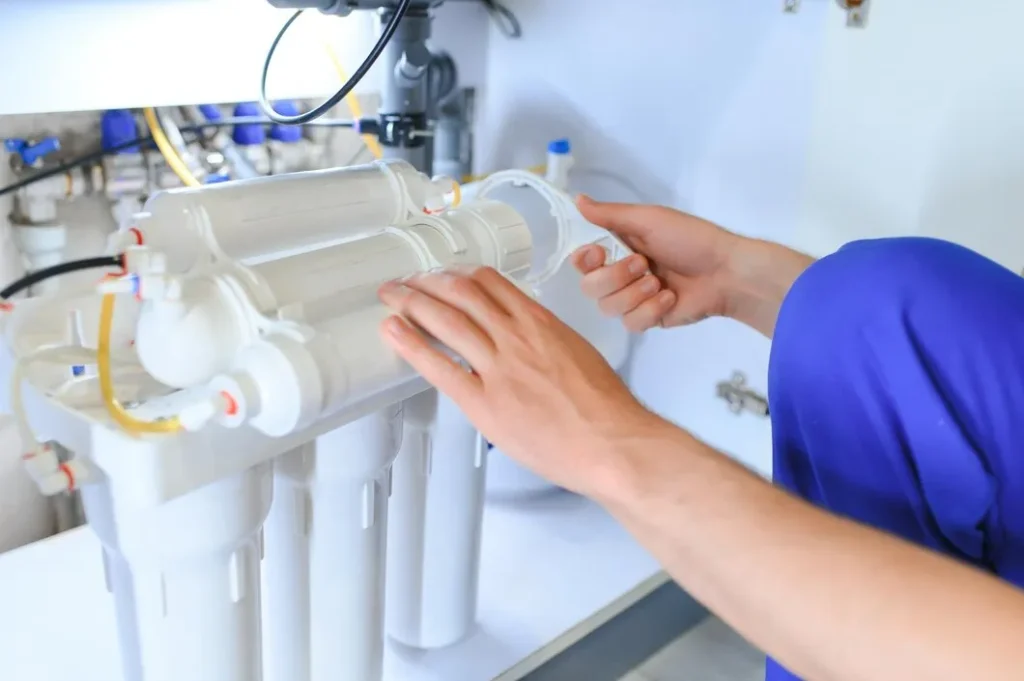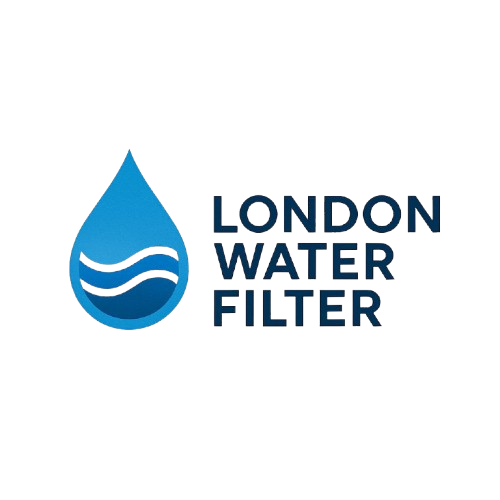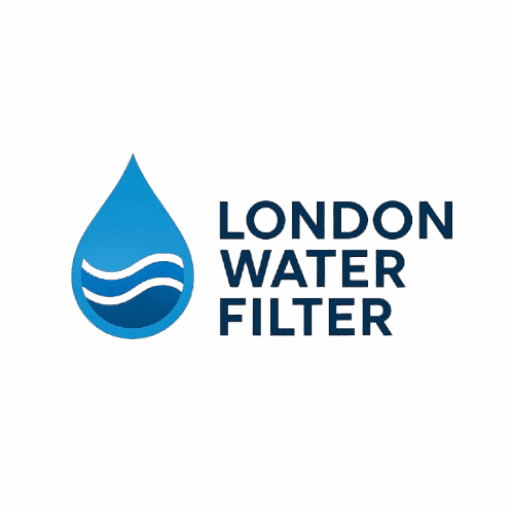Clean water is essential for good health, yet tap water can contain a wide range of harmful contaminants. A water filter is designed to remove these impurities, improve taste, and make water safer for drinking, cooking, and everyday use. Whether you’re using a sink water filter, whole house water system, or advanced reverse osmosis filters, water filtration plays a vital role in enhancing water quality at home.
Water Filtration Systems Really Work?
Yes, water filtration systems work effectively to eliminate harmful substances like chlorine, lead, heavy metals, bacteria, viruses, PFAS, and organic compounds. They also remove particles such as sediment and dirt that impact water clarity and taste. Depending on the filtration method used—carbon filtration, ion exchange, or reverse osmosis—specific contaminants are targeted and filtered out.
Common Contaminants Removed by Water Filters:
- Chlorine
- Lead
- Bacteria and viruses
- Heavy metals
- Sediment and dirt
- Organic compounds
- PFAS (forever chemicals)
- Pesticides and herbicides
How Does a Water Filter Work?
Water filters work by passing tap water through different layers and materials designed to trap or neutralize impurities. There are multiple filtration methods used across different types of water filters, each with a specific purpose.

Core Filtration Methods:
1. Activated Carbon Filters
- Remove chlorine, bad taste, odor, and some organic compounds
- Trap large particles like sediment and rust
2. Reverse Osmosis (RO)
- Forces water through a semi-permeable membrane
- Removes a wide range of contaminants including heavy metals, bacteria, viruses, and salts
3. Ion Exchange
- Softens hard water by replacing calcium and magnesium ions with sodium or potassium ions
- Effective for reducing scale build-up in pipes and appliances
4. Mechanical Filtration
- Uses physical barriers to remove dirt, sand, and particles
- Typically used as a pre-filter stage
5. Ultrafiltration Systems
- Use a membrane to remove bacteria and viruses without removing beneficial minerals
What Does Filtered Water Remove?
Filtered water is free from a wide range of impurities and contaminants found in tap water. These systems target both visible and invisible threats.
Specific Contaminants Removed:
- Heavy metals like lead and mercury
- Harmful bacteria and viruses
- Chlorine and its byproducts
- Pesticides and herbicides
- Industrial chemicals like PFAS
- Sediment, rust, and microplastics
Is Filtered Water Good for Health?
Yes, filtered water is healthier. It protects your body from harmful substances, improves digestion, and reduces the risk of waterborne diseases. It’s especially important for children, seniors, and those with weakened immune systems. Drinking clean water helps maintain healthy skin, supports kidney function, and promotes better overall health.
Benefits of Filtered Water
- Safe drinking water free from contaminants
- Improved taste and smell
- Better for cooking and beverages like tea and coffee
- Reduces dependency on bottled water
- Prevents limescale and mineral build-up in appliances
Advantages of a Water Filtration System
- Cost-effective in the long run
- Environmentally friendly (no plastic bottles)
- Easy to maintain
- Customizable options based on your water supply
- Improves water quality throughout the house
Types of Water Filters for Your Home
1. Sink Water Filters
- Easy to install
- Perfect for drinking and cooking
2. Whole House Water Filtration Systems
- Treats water at the point of entry
- Ensures clean water in every faucet
3. Reverse Osmosis Systems
- Ideal for complete purification
- Removes up to 99% of harmful contaminants
4. Water Softeners
- Specifically designed to tackle hard water
- Extend the life of plumbing and appliances
5. Activated Carbon Filters
- Ideal for removing chlorine and improving taste
Filtration Process and Maintenance
The effectiveness of a filtration system depends on regular maintenance. Filters should be changed based on manufacturer instructions. If neglected, they may become clogged and reduce water quality.
Why Choose a Water Filtration System for Your Home?
Investing in a water filtration system means you’re choosing long-term health, cost savings, and peace of mind. Whether you need a solution for hard water, specific contaminants, or just want better tasting water, there’s a filtration system that meets your needs.
FAQs
What’s the best type of water filter for drinking water?
Reverse osmosis systems and carbon filters are highly recommended for drinking water because they remove a wide range of harmful contaminants and improve taste.
Do water filters remove fluoride?
Yes, but only specific types like reverse osmosis and activated alumina filters are effective at removing fluoride.
How often should I replace my water filter?
It depends on the type and usage, but most filters should be replaced every 3 to 6 months for optimal performance.
Can I use a water filter for well water?
Yes, but it’s crucial to test your well water first to choose the right filtration system. A combination of sediment filters, UV treatment, and carbon filters is usually effective.
Are water softeners the same as filters?
No. Water softeners are designed to remove hardness (calcium and magnesium), while filters remove contaminants. Some systems combine both.
Filtered water is not just a luxury it’s a necessity. Whether you’re using a simple tap water filter or a comprehensive whole house water filtration system, the benefits to your health and home are clear. For expert-recommended solutions, browse the best water filtration systems at LondonWaterFilter.co.uk and choose what fits your home perfectly.

